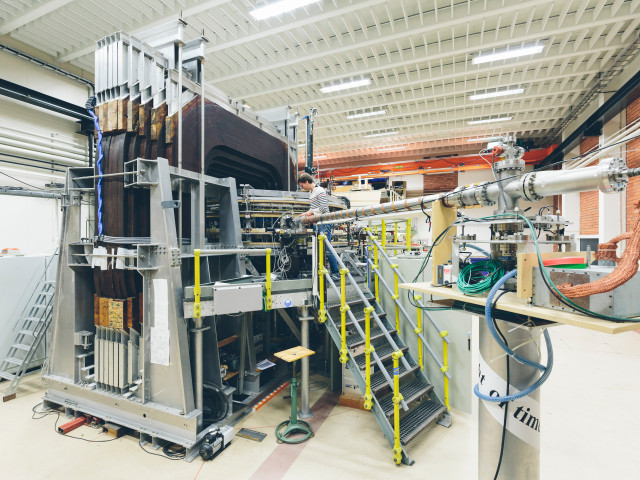In the initial stage of the course all the major known energy transformation technologies will be shortly described. The main purpose will be to explain the principles of operation of such technologies, their advantages and disadvantages, required natural resources, availability of such resources, as well as the future potential and main challenges. (3 lectures)
In the second stage, the energy transformation systems that are today employed on a commercial scale will be described in a more detail, including presentations of their designs and their major components. (5 lectures)
The third part of the course will deal with application of conservation and thermodynamic laws to analyze the systems. In particular, energy, entropy and exergy balances will be demonstrated and their consequences will be discussed. (7 lectures, 3 exercises)
The fourth and the last part of the course will be devoted to analyses of various important aspects and parameters of the systems, such as: environmental effects, economy, life-cycle, sustainability, reliability and safety. (7 lectures, 2 exercises)
